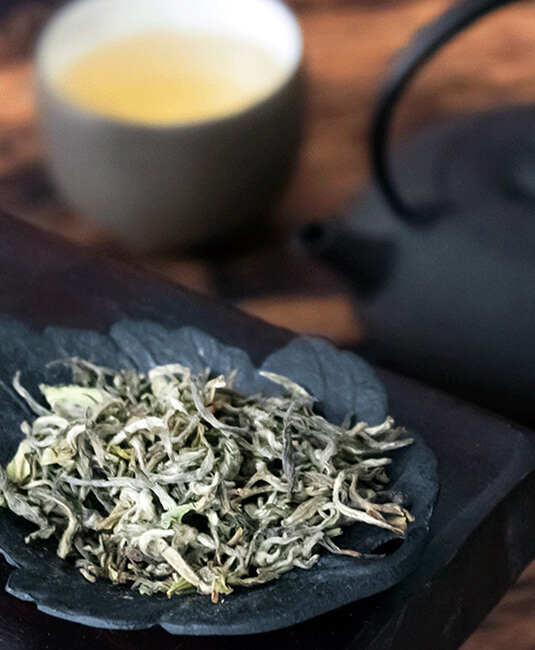
What tea is the richest in antioxidants ?
These teas are typically the least oxidized, preserving their potent antioxidant compounds, with green tea and white tea leading the way in this regard. Scientific measurements indicate that green tea boasts the highest antioxidant potential, as reflected in its ORAC index (Oxygen Radical Absorbance Capacity) of 1250, compared to black tea's index of 1130. While white tea may potentially have even higher antioxidant levels, limited research has been conducted on it, resulting in scarce available data.
Other scientific assessments propose that the antioxidant potential of green tea may surpass that of black tea by a factor of 2 to 6. According to the National Food Safety Agency (ANSES), a cup of green tea can contain up to 400 mg of total polyphenols, twice the amount found in orange juice, for instance. However, the actual polyphenol content can vary depending on the preparation method, including whether it's loose or in tea bags, water temperature, steeping duration, and the addition of milk or lemon, all of which can influence polyphenol intake.
Furthermore, some studies suggest that the antioxidants in black tea could offer protective benefits on par with those in green tea, but ongoing research is needed to provide a more comprehensive understanding of this comparison.
What are the antioxidants in green tea and black tea? ?
Given the differences in their preparation, green and black teas do not contain the same polyphenols. Black teas in fact undergo oxidation of their leaves which results in a partial transformation of their main polyphenols into other types of polyphenols (theaflavins and thearubigins).
Green tea antioxidants are composed of 70% catechins including EGCG (Epigallocatechin Gallates), 20% polymeric flavonoids and 10% flavonols. As a reminder, EGCG is the most active and beneficial substance (it is widely studied, particularly in the prevention of cancer).
In black teas, we only find 8% catechins, 10% flavonols, 12% theaflavins, 70% thearubigins.
Source : « Thé et santé », Dr Hervé Robert, Editions EDP Santé-Parresia

Does tea have detoxifying effects on the body ?
There is no scientific data to confirm that tea eliminates toxins from the body. However, it stimulates the functions of two essential emunctory organs (i.e. responsible for eliminating toxins): the liver, which it protects and relieves by reducing digestion and assimilation of fats and starch. , and the kidneys, whose functioning it activates thanks to its thinning action on the blood, tonic for the blood vessels, and diuretic.
In addition, its antioxidant power helps to neutralize the effects of a large number of harmful substances (pollutants, etc.) within the body. In addition, it allows you to hydrate well, which makes elimination easier. For all these reasons, we can assume that it helps protect the body from pollutants.
